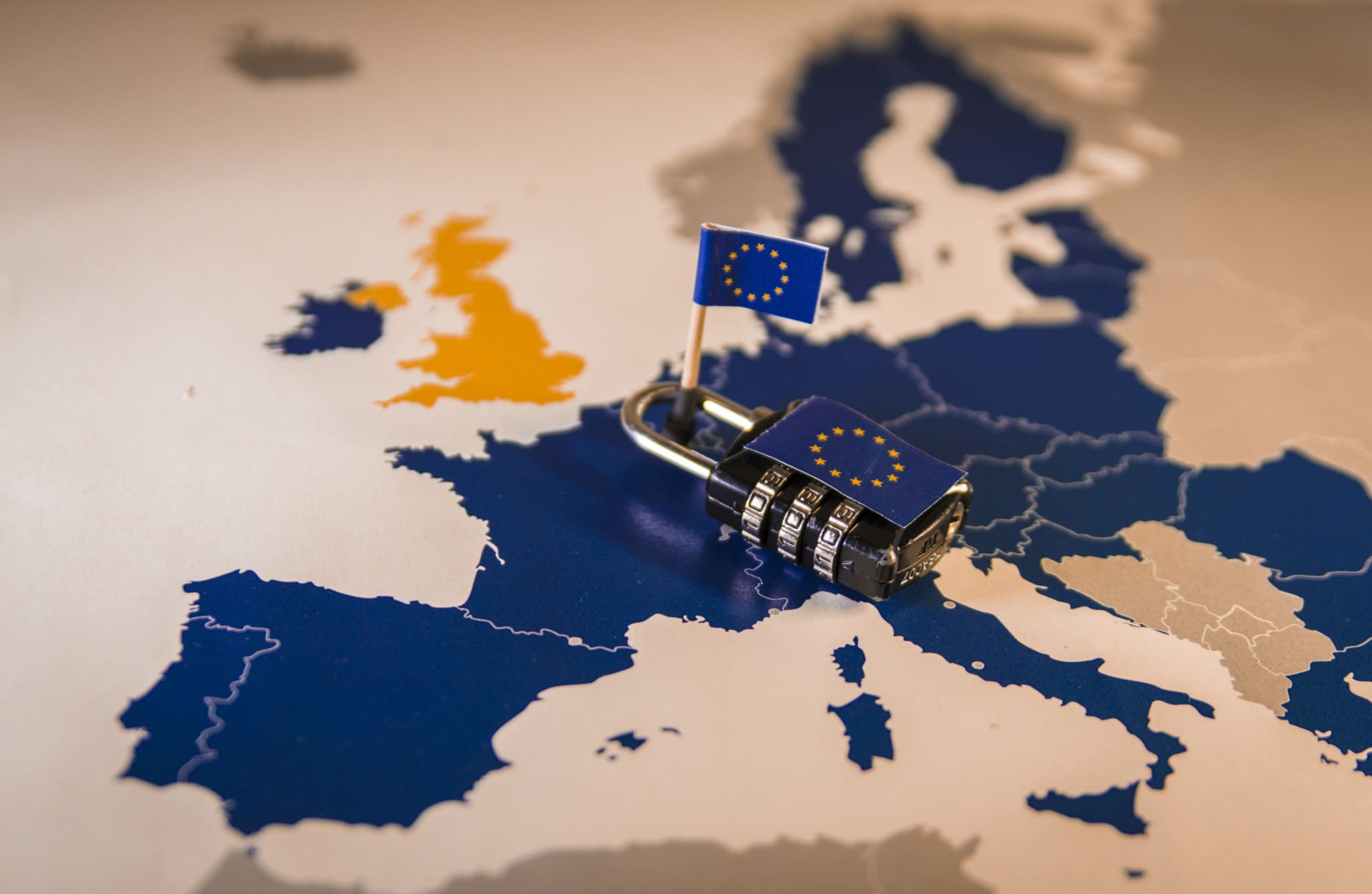On Wednesday, the European Commission officially started its infringement proceedings against Hungary in connection with the Budapest government’s new legislation that raises penalties for sexual crimes against children and prohibits the spread of LGBTQ ideology in schools and among children in general. In a statement signed by President Ursula von der Leyen, the Commission threatens to “use all the instruments at its disposal to defend” the core values of the EU, such as equality.
The announcement also states that the EC is launching infringement proceedings against Poland related to the equality and the protection of fundamental rights, namely on the basis of a complaint that Polish authorities have failed to fully and appropriately respond to its inquiry regarding the so-called “LGBT-ideology-free zones” resolutions allegedly adopted by some Polish regions and municipalities. The Commission allows two months for the two member states to respond; otherwise, it will refer them to the Court of Justice of the European Union.
Concerning the Hungarian child protection law, Brussels has complained that the Hungarian government did not offer any sufficient explanation to as why the LGBTQ content might be harmful to the well-being or interests of children. As a result, the Commission finds the legislation in violation of the EU Charter of Fundamental Rights: Article 1 (human dignity), Article 7 (right for privacy and family life), Article 8 (GDPR data protection), Article 11 (freedom of expression and information), and Article 21 (prohibition of discrimination).
In addition to previous complaints, Brussels is also concerned about the new law’s prohibition against practices in sexual education for children that would popularize sexual identities different to the gender of birth, sex change, or homosexuality. According to the Commission, this violates the free provision of cross-border audiovisual media services and infringes on the e-commerce Directive by prohibiting the provision of services displaying content showing different sexual orientations to minors originating from other member states. In practice, this provision blocks foreign NGOs and activists involved in gender and sexual education from accessing Hungarian children directly, or via digital resources.
Another aspect of the new child protection law on the Commission’s list of violations is the section that mandates that authorities in possession of personal data of those convicted of sexual crimes against children must provide their personal data to authorized persons. In their view, the law violates the EU’s GDPR laws, that is, sexual predators’ right to anonymity and the protection of their personal data. In short, the Commission is using current GDPR laws to prevent the creation of a database of sexual offenders that is commonplace in a number of other countries, such as the United Kingdom, which would allow authorities to monitor convicted child molesters and prevent them from being housed in the vicinity of establishments frequented by minors.
It could be argued that the Hungarian government should have exercised due diligence by preparing appropriate scientific studies in support of their argument, saying that such interference in the sexual and gender identity of developing youngsters could harm their mental health. Studies do exist that show increased levels of anxiety, incidents of self-harm, suicide or depression among transgender children, and the collection of similar relevant data should have been a prerequisite to formulating the present laws. Instead, the Hungarian government has taken signs of societal and and cultural breakdown in Western societies as their point of departure in formulating the new legislation protecting children. Although their intentions were good, they have exposed themselves to possible attacks from LGBTQ supporters, as the current infringement proceedings demonstrate.
What the members of the European Parliament and Commission do not ask themselves though is, if so many of the articles of the EU charter of human rights represents a legal obstacle to formulating effective means of child protection, whether these should not be modified in order to allow for prioritizing the safety of minors, instead of allowing perpetrators and their legal representatives to hide their crimes behind such legislation. If the EU’s fundamental legal framework should be declared immutable and above the interests of the most vulnerable – those deserving unconditional protection – then it is inevitable that member states will resort to building their own legal defenses on a national level.






